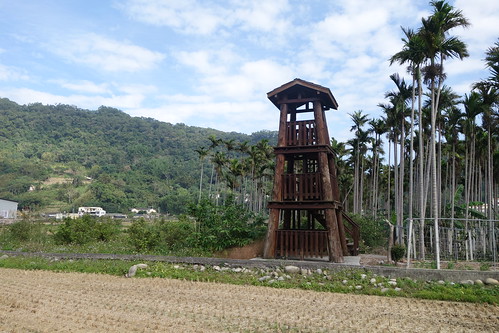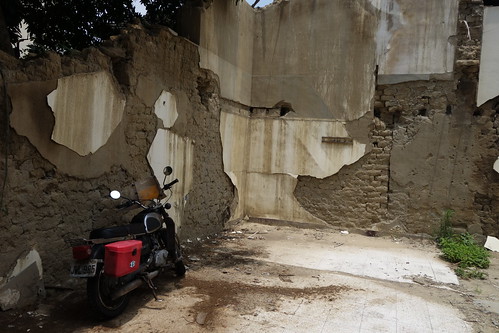According to statistics released Thursday by the Ministry of Education (MOE), in terms of registration rates for undergraduate programs, 17 universities across the nation saw less than a 60 percent enrollment rate, among which Nan Jeon University of Science and Technology (南榮科技大學) was the worst, with an 18.74 percent enrollment rate. Moreover, several universities and colleges in Taiwan failed to enroll any student in some of their doctoral programs for the 2016-2017 academic year.According to the Taipei Times, 60 universities are slated to be closed, meaning that 12,000 instructors will be out of a job, out of 48,000 in the system.
.........
The statistics also showed zero enrollments in 151 departments and graduate programs at universities and technical and vocational colleges, most of which were master and doctoral programs, including 64 public and 87 private institutions. Among them, National Taiwan University (NTU), the top university in Taiwan, had the most doctoral programs with zero enrollments, including theater and drama, anthropology, sociology, social work, ecology, art history, evolutionary biology and translational medicine.
The massive subsidies of the Lee and Chen Administration to universities had two effects. First, they encouraged the vocational schools to "upgrade" to universities, destroying the vocational universities, an incredibly useful source entrepreneurs, and they encouraged proliferation of universities. Many construction companies opened universities to farm the subsidy system -- if a university reached a certain minimum number of students and certain facility minimums such as a library with X number of volumes and a running track, then it received subsidies. The university would contract with the construction company to build its buildings, providing a flow of money... Over a decade ago the government started to mandate expansion of PhD programs throughout Taiwan -- the university I was at in central Taiwan received orders to accept 20 PhD students even though we did not have the professors to teach them.Then came the rotating subsidy...
As this year marks the end of the “Race to the Top Universities” program, which saw the government issue NT$50 billion (US$1.55 billion) in subsidies to a dozen select universities since 2011, a group of doctors hired for the program could be the first to lose their jobs, Taiwan Higher Education Union secretary-general Chen Cheng-liang (陳政亮) said.This was rotated around many universities, leading to the hiring of faculty to teach contract classes. More hiring, more expansion. All this is ended....
The smell of desperation is thick in the air: already there is a huge pool of part-timers whom universities are using to source classes, just as in the US. They will work for crappy pay, worse than a cram school, and universities will increasingly turn to them. With the job market shriveling and universities dying, grad students are going overseas or entering programs in materials, engineering, electronics, and similar. Humanities are widely perceived as a swift road to unemployment... Taiwan overproduces PhDs as people pursue the status of having a PhD, and avoid the job market.
_____________________
Daily Links:
- Tsai stops in US. The international media is disgusting, saying China will be angry and hyping the China reaction... and Reuters is breaking all records with disingenuous writing saying US says Taiwan is part of China. Like this one. Absolutely vile.
- *sigh* The pro-KMT China Post is sourcing articles from the China Daily: Taiwan's glorious oolong. China's media reach will expand next year -- as many people have commented, it is hilarious to hear all the complaints about fake news while sites in the US host CCTV and other Chinese propaganda organs.
- Same sex marriage bill passes first screening
- Taiwan-India legislative forum
- Japan renamed its rep office... and China whined.
- China backing Okinawan Independence -- no surprise there...
- Tsai: Taiwan faces uncertain 2017. Won't cave to China threats
- What is US Taiwan Policy? from Russell Hsiao and David An
- KMT to destroy budget negotiations in legislature. What pathetic failures as a party in a democracy and as human beings dedicated to the future of Taiwan.
- Foxconn to blow another $8.8 billion on China factory
- Taiwan's manufacturing center continues to recover
- Every year: US says no change in Taiwan policy
- GTI: Taiwan as Asia's Silicon Valley
- GTI: Prospects for US-Taiwan Economic Cooperation: TPP and Beyond
- GTI: Examining “Womenomics”: Comparing Women’s Impact and Experiences in the Workforce in Taiwan and Japan
[Taiwan] Don't miss the comments below! And check out my blog and its sidebars for events, links to previous posts and picture posts, and scores of links to other Taiwan blogs and forums!

